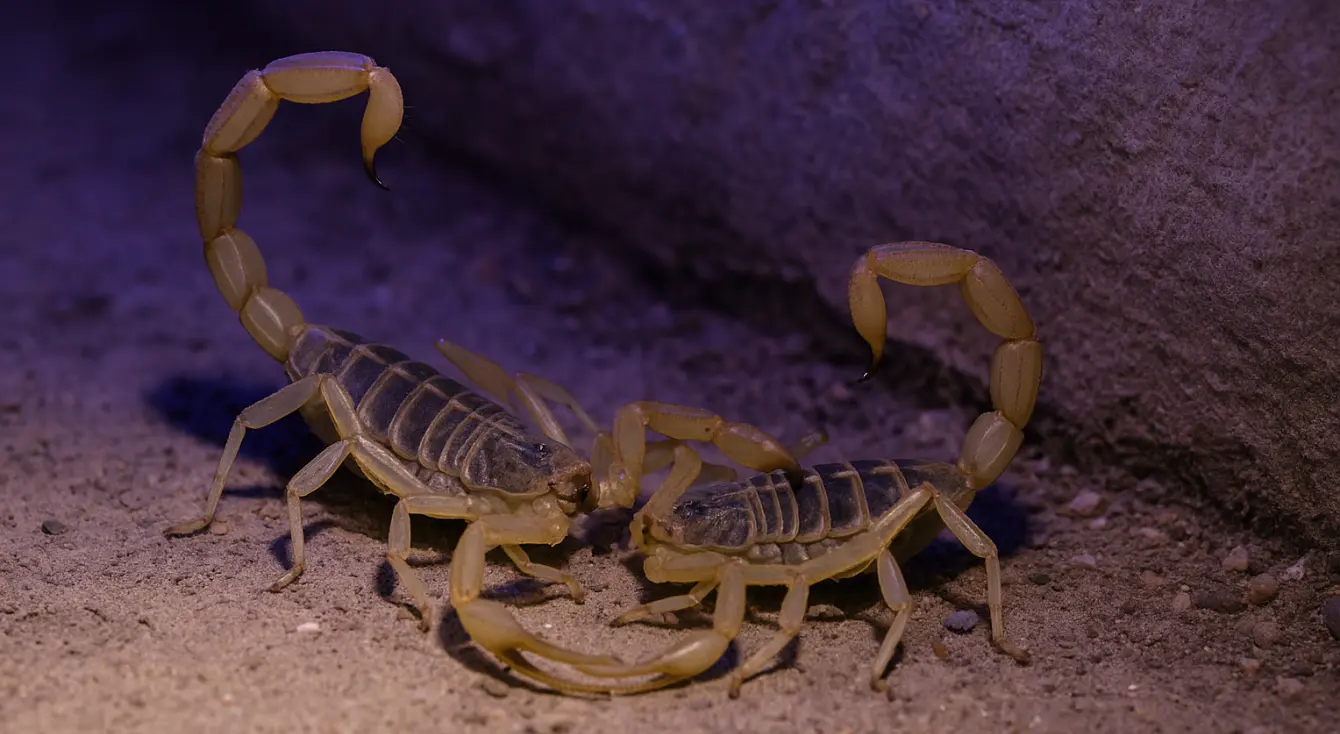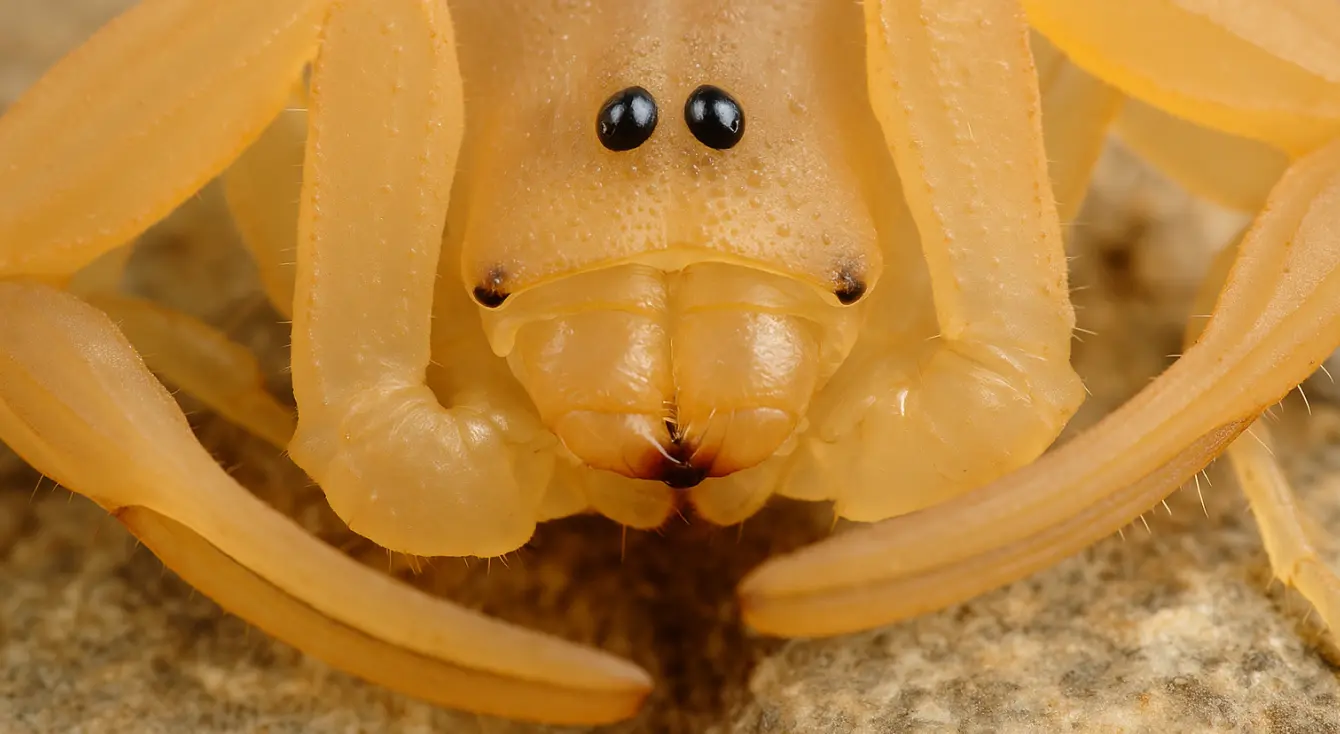Spring and early summer might bring blooming cacti and warm evenings—but it also marks the start of scorpion mating season in the Southwest.
If you live in Arizona, Texas, or parts of New Mexico, this is the time of year when scorpion activity spikes. More movement, more breeding, and a greater risk of run-ins inside your home.
Let’s talk about when to watch out—and what to do to stay protected.
When Is Scorpion Mating Season?
Scorpion mating season typically starts in late March or April and peaks through July. The exact timing depends on temperature and humidity, but once the desert warms up at night, scorpions begin their courtship rituals.
In places like Phoenix or Tucson, you’ll start seeing scorpions on the move as early as March, especially after a mild winter. Rainy springs can also increase mating behavior by boosting insect populations—aka scorpion food.
What Happens During Mating Season?
The mating process involves a distinct “dance” where the male and female lock pincers and move around in a push-pull pattern. It can last several minutes to hours.
Here’s the kicker: one mating can result in 25–35 babies, and female bark scorpions can reproduce several times a year once mated.
After birth, the baby scorpions ride on their mother’s back for about a week—meaning if you see one scorpion, there could be dozens more nearby.
Why Homeowners Should Be Extra Cautious
During mating season, scorpions are more active, mobile, and desperate to find mates. That increases the odds of them:
- Wandering indoors through small cracks
- Showing up in garages, laundry rooms, and closets
- Establishing reproductive sites inside wall voids or attic spaces
One pregnant scorpion inside your home can turn into a full infestation by the end of summer.
Tips to Protect Your Home
During this season, prevention is everything. Here’s what you can do:
1. Seal Entry Points
Use caulk or weatherstripping to close gaps in doors, windows, utility lines, and baseboards.
2. Control Insects
No bugs = no scorpion buffet. Keep other pests in check with traps or regular pest control.
3. Declutter Indoor & Outdoor Areas
Don’t give them places to hide. Clear out piles of wood, cardboard boxes, and yard debris.
4. Use a Scorpion Detector
Our Scorpion Detectors are built for this season. When scorpions come out to find mates, they’re easier to detect with UV light. The Detector activates automatically at night and alerts you if one’s nearby—so you don’t get surprised in the dark.
Scorpion Activity Peaks After Mating
Once summer heat sets in, scorpions start focusing on food and shelter. But females may already be carrying young by then. That’s why mating season is the critical window to get ahead of a potential problem.
The sooner you identify scorpion activity, the easier it is to stop breeding cycles before they start.
Want to catch them while they’re looking for love? That’s exactly what our Scorpion Detectors are for.






